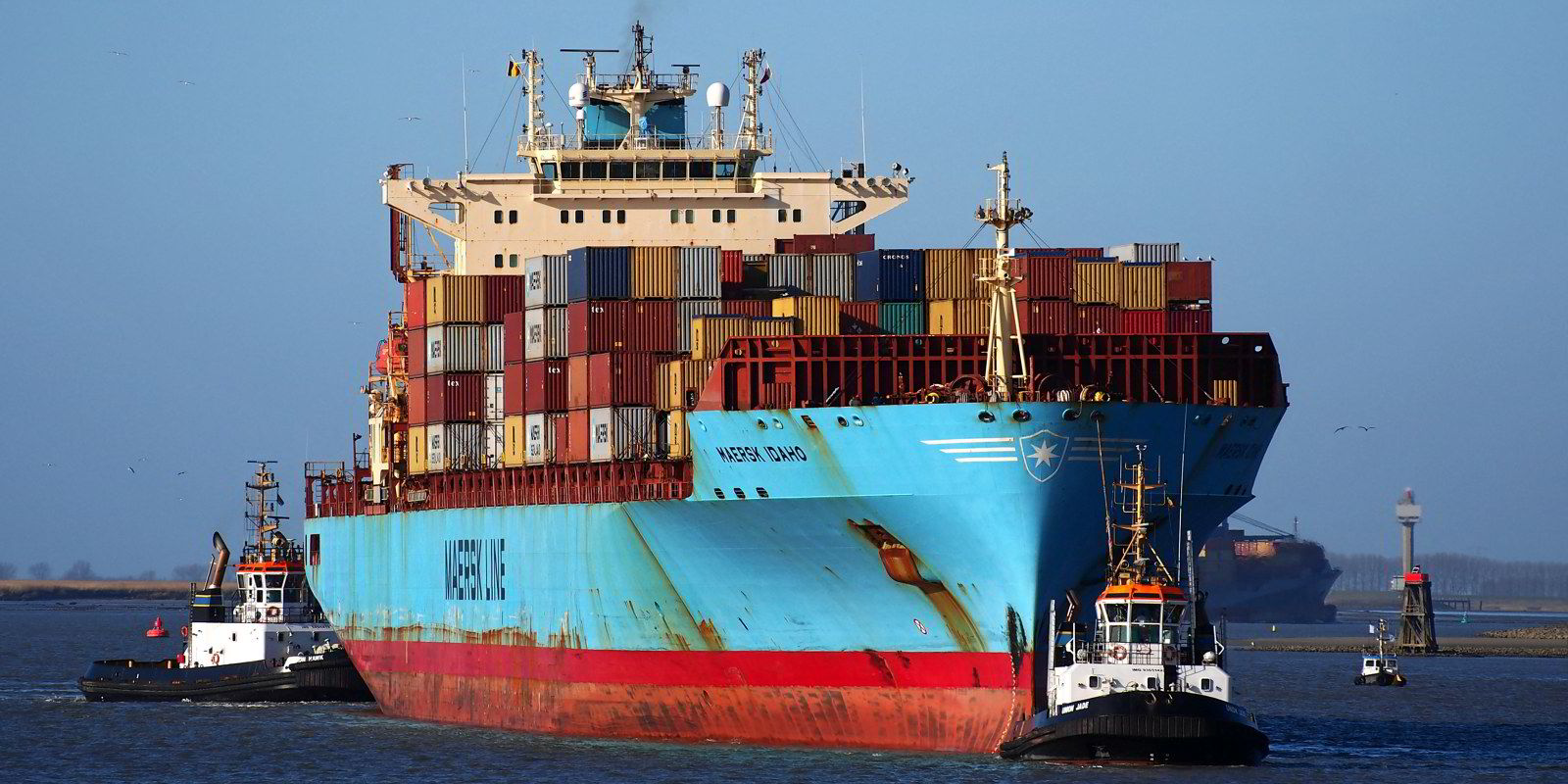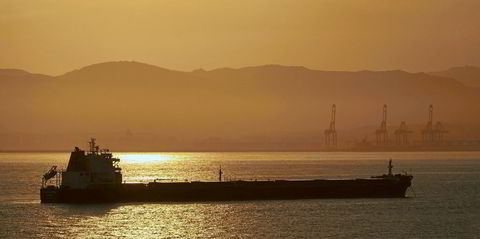The tie-up between AP Moller-Maersk and Hapag-Lloyd could generate a “seismic shift” in liner shipping alliances.
Liner shipping has only just adjusted to the decision of the 2M partners Maersk and MSC Mediterranean Shipping Company to go their separate ways next year.
But few were expecting today’s announcement of a tie-up — the Gemini Cooperation — between the second and fifth largest operators.
That could impact heavily on carrier alliances, which are currently dominated by three major groupings of east-west carrier tie-ups.
The hardest hit could be the three remaining members of THE Alliance, comprising four carriers of which Germany’s Hapag-Lloyd is a founding partner.
The remaining partners — Japan’s Ocean Network Express, Taiwan’s Yang Ming Line and South Korea’s HMM — could face a shortage of ships for their east-west services.
That threat was apparent in a customer announcement released today by Hapag-Lloyd’s chief executive Rolf Habben Jansen.
Trusted partner
“Let me be very transparent here, this is not a decision against THE Alliance, which has been a long-standing, trusted and successful partnership for us,” he said.
“It is the next step to build something new that we believe will enable us to generate even more value for our customers by pairing our Hapag-Lloyd customer service with much higher operational quality in a robust and resilient network.
“This does not represent a change of strategic direction for Hapag-Lloyd,” he added.
“We remain fully focused on liner shipping and the closely connected terminal and inland operations. We have no intention to become a logistics integrator.”
“We do believe, however, that with Maersk we have found a like-minded partner who shares our passion for quality and sustainability.”
What that means for other carrier alliances that are not directly impacted by the Hapag-Lloyd and Maersk partnership remains to be seen.
“The move could potentially lead to a seismic shift among carrier alliances. As of 2025, THE Alliance might be looking for a new partner and the formation of the Gemini Cooperation might also have knock-on effects on the OCEAN Alliance,” Alphaliner said.
OCEAN Alliance members include France’s CMA CGM, Cosco Shipping Lines and its sister company OOCL, and Taiwan’s Evergreen.
Going it alone
For some, the decision leaves MSC in the strongest position of all.
The Swiss liner giant has plans to operate go-it-alone services following the expiration of the 2M agreement in January 2025, which was announced a year ago.
The Geneva-based company has been massively expanding its fleet in contrast to Maersk and can operate its stand-alone service.
With a fleet size of 5.64m teu and growing, the Swiss-Italian shipping line has the scope to stand on its own and maintain a network coverage similar to that of an alliance, Alphaliner said.







